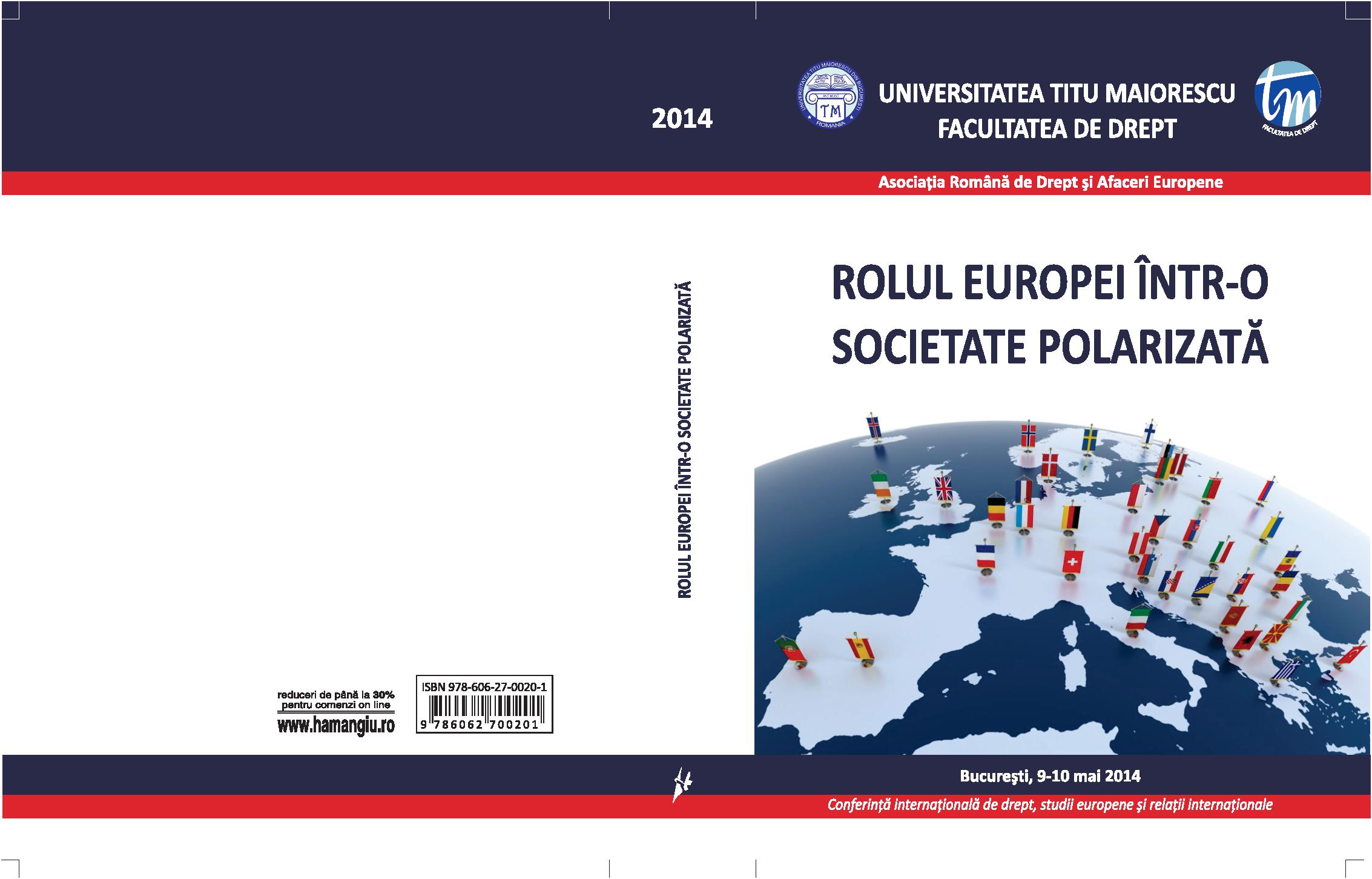Asocierea în participație potrivit noului Cod civil
JOINT VENTURES ACCORDING TO THE NEW CIVIL CODE
Author(s): Smaranda AngheniSubject(s): Commercial Law
Published by: Editura Hamangiu S.R.L.
Keywords: : joint; contribution; benefits; losses; transactions; undertake; contract;
Summary/Abstract: Until the repeal of the Romanian Commercial Code of 1887, repeal made by Law no. 287/2009 for the enactment of the New Civil Code, the legislator in art. 251- 256 of the Commercial Code regulated the joint venture operation, from which resulted without any doubt that this legal transaction had a commercial nature. Thus, a trader or a commercial company granted one or more persons or even a company participation to the benefits or losses generated by one or more transactions or even to the whole commerce activity (art. 251 Commercial Code). Due to the fact that joint ventures didn't acquire legal capacity thus didn't have the status of legal subject distinctive of the legal capacity of each associate, this legal transaction was embraced by traders being common in their activity, named either "association contract" or "joint venture contract" or even "collaboration contract"1. Clearly, when the contract wasn't named "joint venture contract" and the legal ground wasn't indicated, the courts, depending on the content of the contract, established from case to case, its legal ground2. The arguments on which this conclusion stands are, firstly, of systematic interpretation, of ordering (setting) the legislative texts and, secondly, according to their content. Currently, the Civil Code in art. 1949-1954 regulates the joint venture transaction, text that is to be completed with art. 1881-1889 Civil Code in which are regulated the general provisions in the matter of the association contract.
Journal: Conferința Internațională de Drept, Studii Europene și Relații Internaționale
- Issue Year: II/2014
- Issue No: II
- Page Range: 557-565
- Page Count: 9
- Language: Romanian

